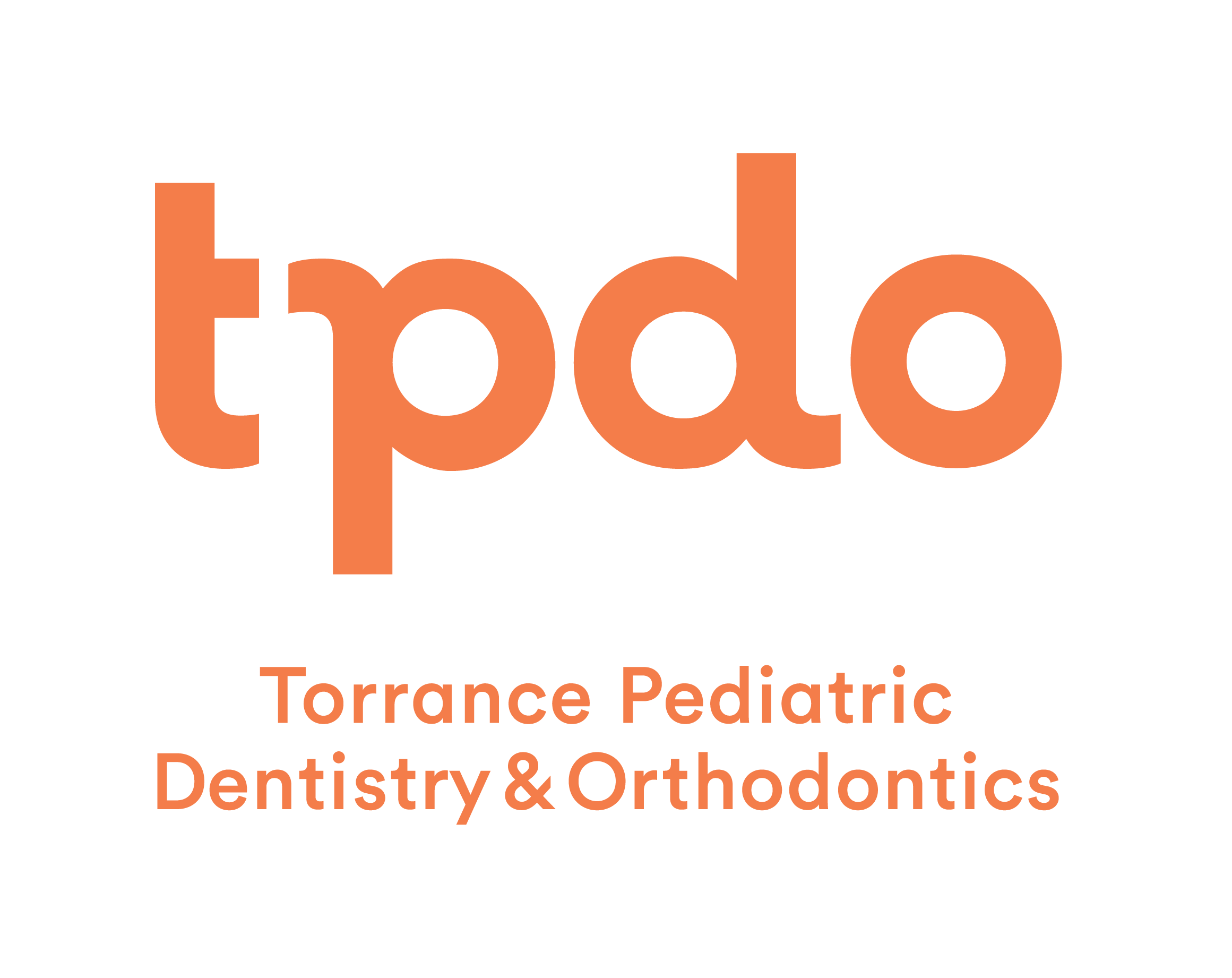Pediatric Dentistry FAQ
Q: At what age should my child have his/her first dental visit?
A: The American Academy of Pediatric Dentistry recommends no later than the child's first birthday for their first visit to the pediatric dentist. This is not only to accomplish an oral examination, but to also provide valuable information to assist parents with the care of their child's teeth.
Q: Why should my child see a pediatric dentist? My family dentist said he would see my child.
A: Pediatric dentists are to dentistry as pediatricians are to medicine. While general dentists are well prepared to meet the needs of their adult patients, children often require specialized care due to age, developmental or medical problems, or developing orthodontic concerns.
Q: My child is very fearful or had an unpleasant prior dental experience. How can his dental treatment be accomplished?
A: Various techniques and options are available to treat very young, very anxious or special needs children. Treatment may be accomplished with simply good communication with the child to establish a trusting relationship or more advanced techniques involving sedation or general anesthesia may be required. The appropriate approach is decided when agreement is reached between parent, pediatric dentist, and in some cases, pediatrician or other medical specialist.
Q: What is the best toothpaste for my child?
A: Unless advised otherwise by the pediatric dentist, toothpaste is not recommended prior to age two. After age two, any fluoride toothpaste with the American Dental Association Seal of Approval is fine. However, between ages 2 and 5, use only a "pea" sized amount to avoid excessive fluoride ingestion. And remember, toothbrushing begins as soon as the first tooth erupts.
Q: Is thumb or pacifier sucking harmful to a child's mouth?
A: Thumbsucking and pacifier are considered almost normal during the first year or two of life. These habits become detrimental to growth and development if they are continued for an extended period of time (beyond age 3). Your pediatric dentist can advise you to help your child discontinue the habit.
Q: What should I do in case of an injury to my child's mouth or teeth?
A: Depending on the type of injury and severity of the injury, immediate attention may be required. In the case of an avulsed permanent tooth (a tooth completely knocked out of the mouth), timely re-implantation is extremely important. Call your pediatric dentist immediately for further instructions. Other injuries, such as fractures or displacement of teeth, and gum lacerations also require a prompt call to the pediatric dentist for further evaluation. Prevention of injuries is the best strategy. Speak to your pediatric dentist regarding a properly fitted mouthguard for children participating in active sports.
Q: How important are baby teeth?
A: Primary, or baby teeth are very important for not only chewing a healthy balanced diet, they are critical for normal growth of the jaw bones and to guide permanent teeth into proper position. Healthy, well maintained primary teeth usually lead to healthy permanent teeth.
